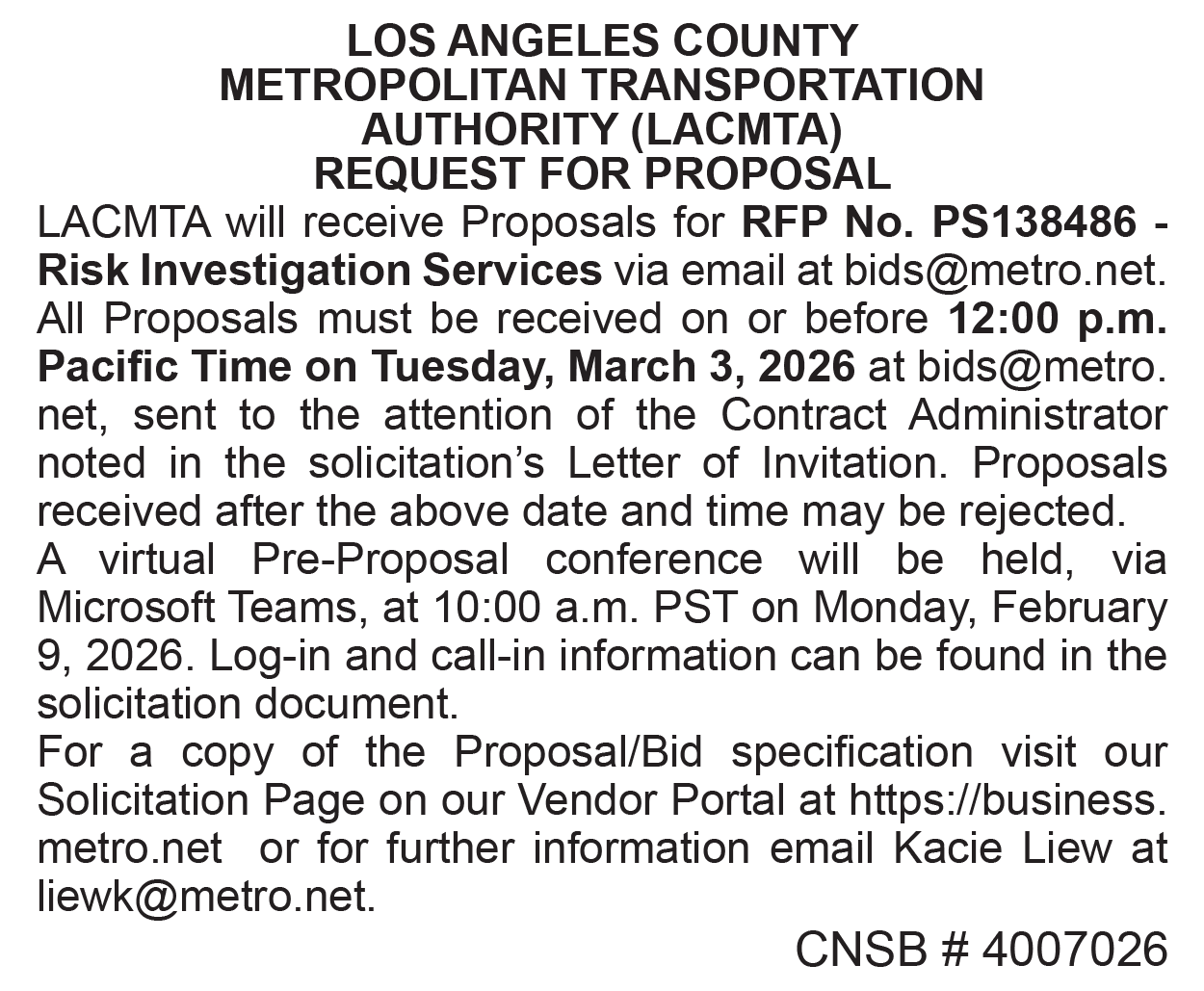Salem: What's On the Board's Mind? Jurisdiction.
Monday, July 31, 2023 | 0
What’s on your mind right now? The heat, the upcoming elections, the economy? Or maybe you’re thinking about lighter topics, like an upcoming vacation, the fall football season or even “Barbenheimer.”

Jane Salem
As for the Tennessee Workers’ Compensation Appeals Board, well, it's pretty into the subject of subject matter jurisdiction these days.
In earlier years, the board weighed in on jurisdiction in a few instances. Notably, in Nickerson v. Knox County Government, the board reminded that the court has jurisdiction when the date of injury is on or after July 1, 2014, so the court had no jurisdiction in a case with an alleged mental injury occurring in or before 2011 but diagnosed in 2015. A Supreme Court panel later affirmed.
In Watson v. Labor Smart Inc., the board held that trial courts retain jurisdiction to rule on a timely filed motion to alter or amend a decision when a notice of appeal was filed before the filing of the motion.
In 2023, five opinions have touched on the topic in one form or another, offering valuable guidance for when judges in the Court of Workers’ Compensation Claims have authority to act.
But before diving into the cases, here’s a quick refresher.
Subject matter jurisdiction is defined in Black’s Law Dictionary as “[j]urisdiction over the nature of the case and the type of relief sought.” Jurisdiction is a threshold question.
Lawyers, do you remember all the time spent in the first weeks of your civil procedure class on the topic? Recall that, unlike personal jurisdiction, parties can’t agree to a court’s subject matter jurisdiction. Subject matter jurisdiction is conferred by a constitution or statutes, and it can’t be waived. Further, at any time parties or a court may raise the issue, as the board has done occasionally.
So far, just one opinion from 2023 has given the court permission to make a ruling where it wasn’t clear that the trial judge had the authority. In Nelson v. QVS Inc., the judge disqualified an attorney from representing both the carrier and the employer, where the employer was a one-person corporation owned by the employee.
The board considered the definition of “tribunal” in the Rules of Professional Conduct and concluded that, since the Court of Workers’ Compensation Claims performs “adjudicative functions,” it has the authority to decide questions under those rules. The board then spelled out that the court has subject matter jurisdiction over the disqualification of an attorney or his firm and is able to weigh the evidence and arguments of parties, decide whether a concurrent conflict of interest exists and issue an order of disqualification if necessary.
In a second opinion about jurisdiction, the board held that the court lacked it when a medical provider tried to intervene in a case. In Acevedo v. Crown Paving LLC, the judges reversed a trial court order allowing a hospital to intervene, reasoning that it’s the employee, not the medical provider, who brings a lawsuit seeking payment of medical bills arising from work-related injuries.
Later in the year, the board released a third case about jurisdiction and gave a resounding “no” when asked whether the Court of Workers’ Compensation Claims may resolve a coverage dispute between an employer and carrier. In Martinez v. ACG Roofing Inc., an insurer moved for summary judgment dismissing it from the case, arguing that the insurance policy had lapsed.
The board held that the dispute was essentially contractual and beyond the court’s authority, which is defined by statute and limited. Specifically, under Section 50-6-238, trial judges are allowed “to hear and determine claims for compensation, to approve settlements of claims for compensation, to conduct hearings and to make orders, decisions and determinations.” Further, the court’s scope is limited to “[e]very employer and employee subject to this chapter” who are obligated to “pay and accept compensation for personal injury or death by accident arising primarily out of and in the course and scope of employment.”
Importantly, the board clarified that the court may decide a factual dispute that impacts coverage, for example when the parties assert different dates of injury, one of which falls within the policy period and the other doesn’t.
Martinez was cited in the most recent board opinion on jurisdiction, in Glenn v. Jameson Industries LLC. It’s the fourth case to discuss jurisdiction, and it was released just last week.
In Glenn, an insurer appealed an expedited hearing order granting benefits. At trial, the carrier had requested a declaration that the date of injury occurred outside the policy period, but the trial judge declined to rule on that question.
The board affirmed, repeating the reasoning in Martinez that under Rule 57 of the Tennessee Rules of Civil Procedure, parties to a declaratory action may demand a jury. Since the passage of the law in 1919, the parties in a workers’ compensation case have never had the right to a jury trial. Therefore, a declaratory judgment action is unavailable in a workers’ compensation case.
The fifth opinion from this year that mentioned jurisdiction was a memorandum opinion, Watson v. Lowe’s Home Centers Inc. In that case, before the parties mediated, the employer filed a motion to dismiss under Tennessee Rule of Civil Procedure 12.02(1), citing the expiration of the statute of limitations. The trial court held that the statute and bureau rules require a dispute certification notice before it can rule on a motion to dismiss, which is a dispositive motion.
On appeal, the employer characterized the denial as an abuse of discretion to decline to rule based on “jurisdiction.” The unpersuaded board affirmed, pointing out that the judge denied the motion not on jurisdiction but because it was “premature and not properly before the court from a procedural standpoint.” So, it’s really not a jurisdiction case, but the ruling is important and clarifies when a dispositive motion can be heard.
To summarize, 2023 has been a huge year so far for the board clarifying the powers of the Court of Workers’ Compensation Claims.
Now I’ll conclude by telling you what’s on my mind. It’s not football or "Barbenheimer."
Rather, I’m thinking that I want you to read these cases. Don’t just rely on my interpretations.
Also, it’s only July. Who knows if other scenarios will develop before we’re ringing in 2024, where the board offers still more guidance on subject matter jurisdiction?
Jane Salem is a staff attorney in the Tennessee Court of Workers' Compensation Claims, Nashville. This entry is republished with permission from the court's blog.







Comments